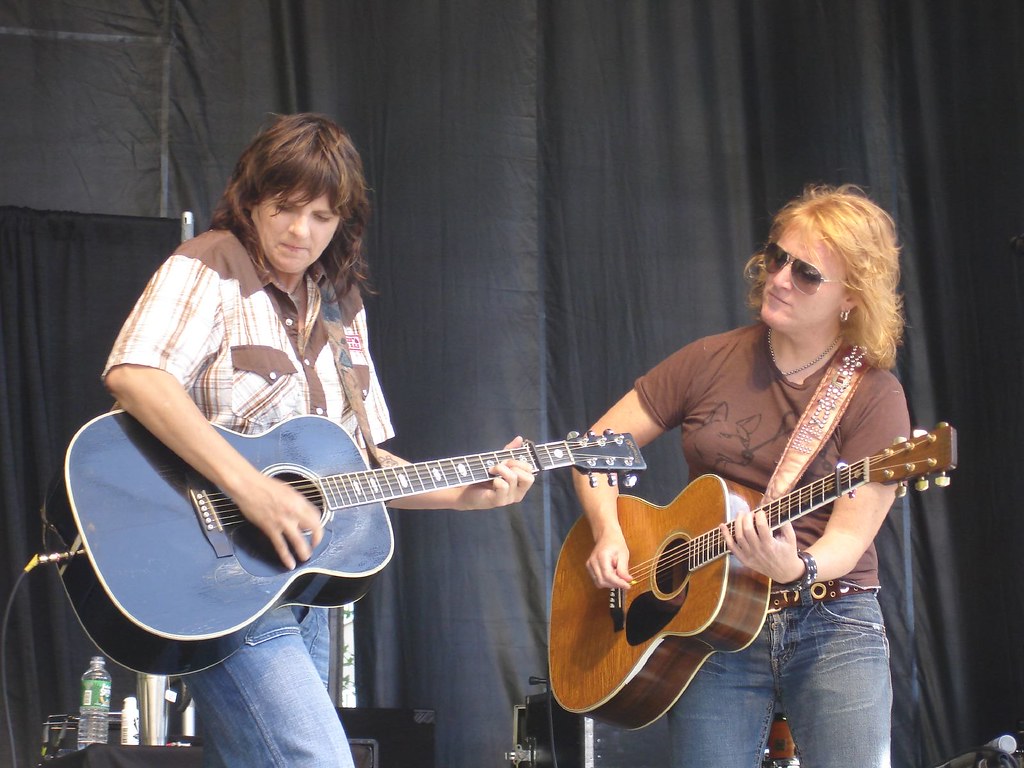
Many of our first introductions to the varied religious traditions of East Asia do not come from books or school, let alone Asian people themselves. While there are a variety of ways that people first meet Buddhism, Hinduism, or any of the number of religions thrown into the grab bag of ‘Eastern Religion,’ many of our cultural ideas about Asian and Indian spirituality come from the rock and roll. This association seems set in stone, but if you give it more than a passing thought it’s actually… really weird? Psychedelic rock was not always associated with Eastern spiritual movements and considering that the philosophical backing of the New Left was largely atheist, it’s fairly confusing that mainstream artists leaned so hard into other culture’s religious traditions.
The counterculture of the sixties has largely defined rock music in the traditional telling, and it co-opted many real religious traditions that actual people have practiced since the dawn of time, religions which Western people usually treated with at best indifference and more often with outright derision. Now the basic woke impulse for this is to simply write this phenomenon off as some indeterminate form of cultural appropriation, which I guess is what I did prior to hearing the song “Galileo,” but more on that later.
Research into New Age spirituality and Eastern religion in America is plentiful, and you must forgive me for barely even scratching the surface of scholarly literature on the topic (I am but a humble blog writer with other essays to write), but what research I could find for free with an NC State login on Jstor usually identifies the rise of new-age religion with the decline in doctrinal Christianity, which makes sense. Winston King has attributed this to a search for a more flexible undefined vocabulary for expressing spiritual concepts, a vocabulary supposedly worn down by years of biblical literalism, which is probably fair enough. This was an interesting idea on its own that I wanted to share with you, but if we take a textual reading to the music that introduced Americans to Eastern religious concepts, we can see evidence for King’s claim.
The first person most of us think of when it comes to Eastern spirituality in rock is probably George Harrison. He was one of the most prominent advocates for Buddhist and Hindu philosophies, and he was the only one of the Beatles for which, as one writer so tactfully put it, “The Hare Krishna stuff wasn’t a phase.” His music probably makes the best case for King’s analysis of Western people wanting to energize belief with new vocabulary. Harrison did not follow any discreet religion and often mixed Eastern and Western religious language to create an emotional through-line for his presumably Western listeners, most notably in the song My Sweet Lord. Additionally, if you wanted to make an argument for Harrison appropriating Eastern religion, there is a lot to work with. While Harrison had the money to visit India multiple times, he never really entered the religious tradition or converted so much as he took language and ideas to suit his purposes. I will leave further discussion of the permissibility of that practice to Twitter.
If we end our discussion in the 60s, we might make the mistake of assuming Americans either abandoned interest in Eastern religion or hold that interest in the same unevolved sense of romanticization that Harrison used. Even though counterculture spiritualism unambiguously exited the mainstream, and new age religion makes the news most often for anti-vax scandals, there has been at least some maturation in American’s approach to other culture’s religion. This is where the song Galileo by the Indigo Girls comes in. Unlike 60’s religious experimentation that equated Eastern religions with recreational drug use and did a poor job distinguishing between different religions, Galileo is unambiguously about the philosophical implications of Buddhism. The song takes the same level of spiritual uncertainty and angst people apply to Christian theology and applies it to Buddhism, asking questions like “How long till my soul gets it right, does any human being ever reach those kinds of heights except for Galileo?” The song is also distinctly positioned from an American perspective, referencing milestones in Western intellectual history to frame its spiritual questions instead of presuming knowledge about the East. The song isn’t predicated on the novelty of other belief systems, instead, it assumes the audience has at least a passing familiarity with concepts like reincarnation, and then uses that knowledge to ask other questions.
Your mileage may vary as to how much you can enjoy Europeans and Americans using Eastern vocabulary to frame distinctly Western arguments. However, regardless of how you come down on that issue, I think it is worth considering the progress made since the sixties. While George Harrison was generally respectful, I’m not sure you could say the same about Donovan or the number of better-off forgotten faux hippies of the era. And listen to the Indigo Girls if you get a chance.

